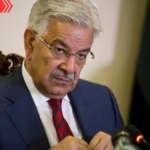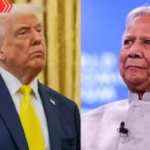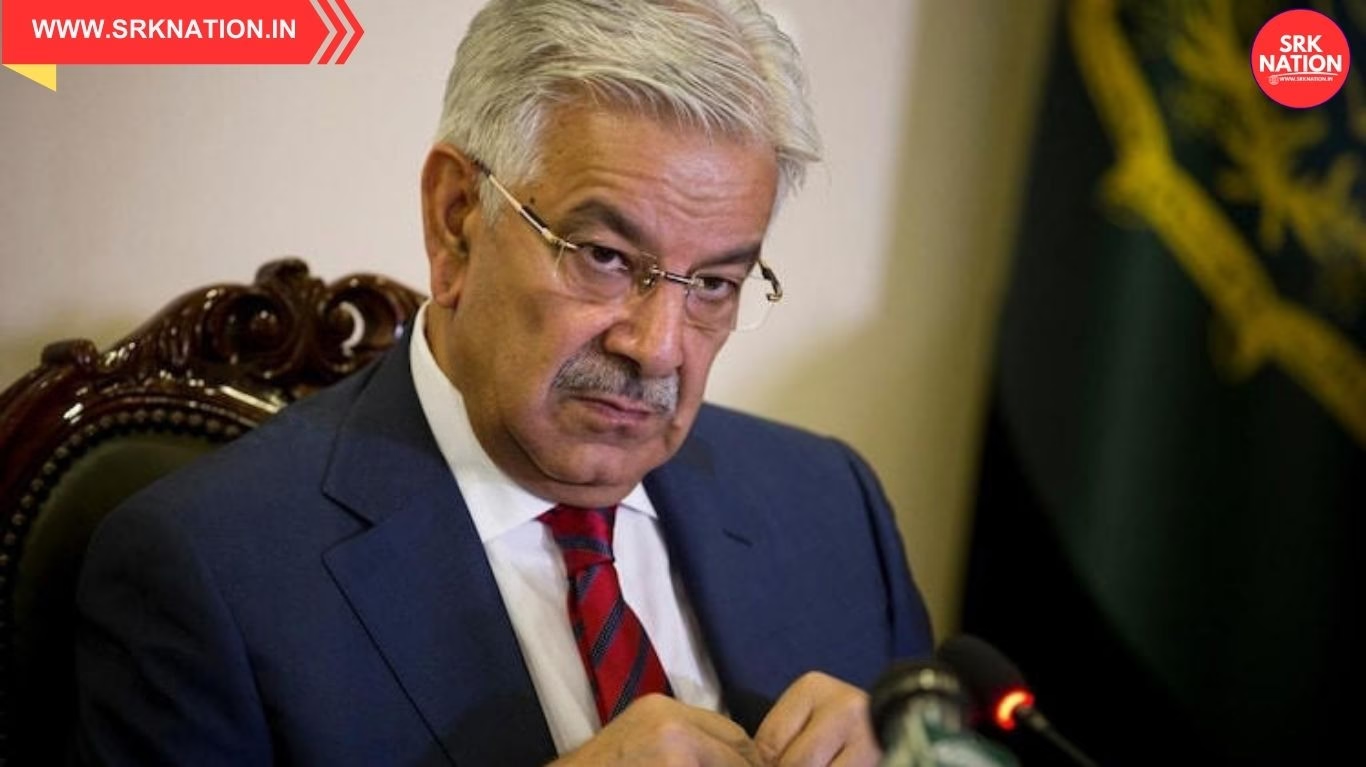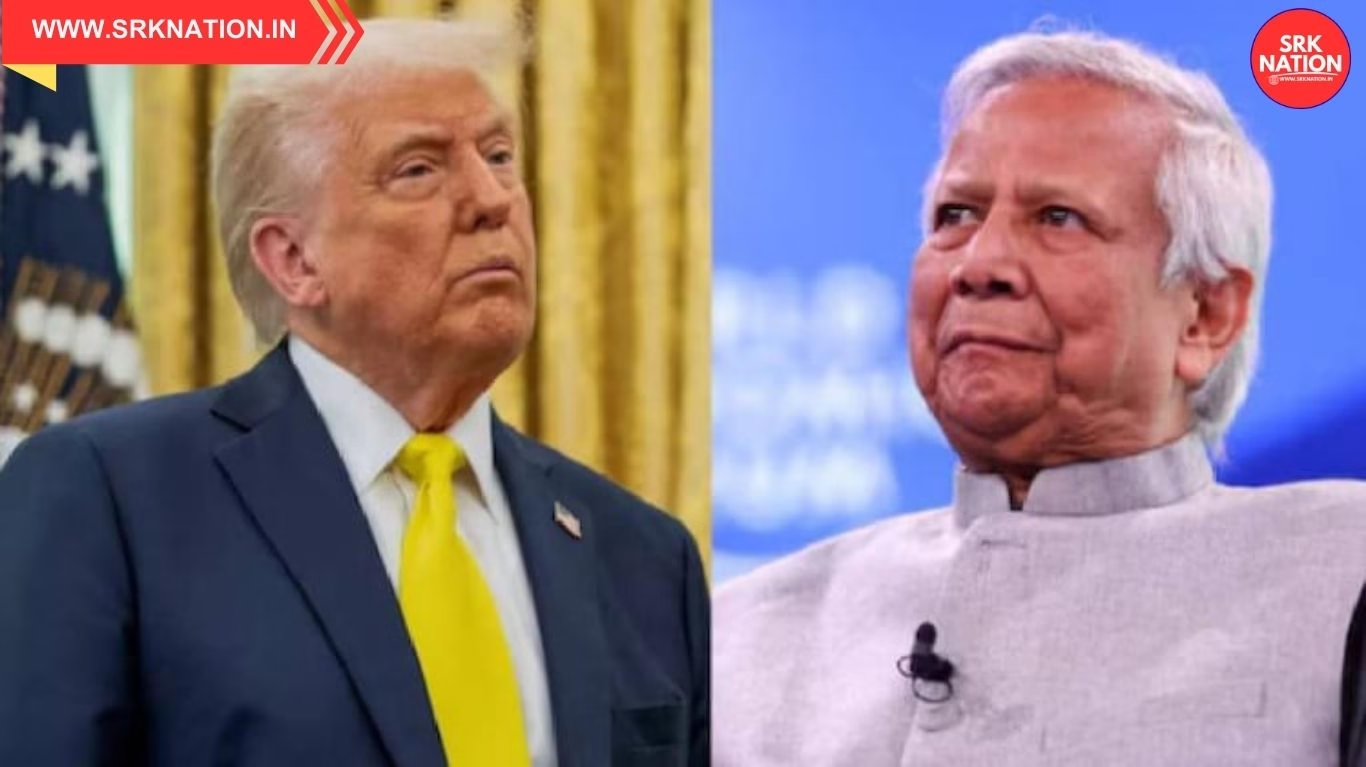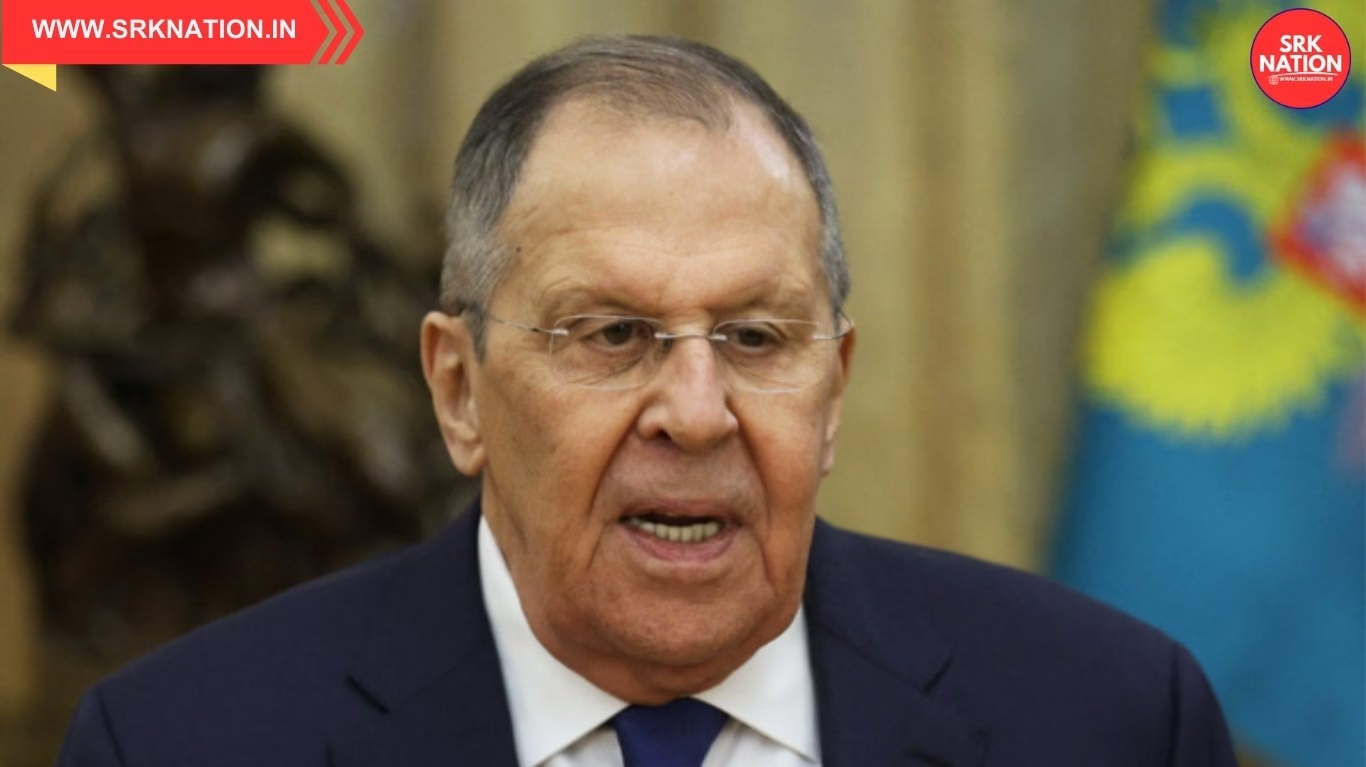In a sharp and controversial statement, Iran has described the recent Armenia-Azerbaijan peace agreement as a “graveyard for Trump’s mercenaries,” signalling strong disapproval of what it claims is a foreign-influenced settlement that could destabilise the region. The deal, brokered with international mediation, aims to resolve long-standing tensions between Armenia and Azerbaijan, particularly over the disputed Nagorno-Karabakh region. However, Tehran’s fiery rhetoric suggests the agreement has ignited geopolitical tensions involving multiple stakeholders, including India.
Iran’s Outrage Over the Peace Deal
The Iranian Foreign Ministry criticised the peace pact, alleging it serves Western and US interests in the South Caucasus while sidelining regional countries’ security concerns. Officials in Tehran claim that foreign contractors, political lobbyists, and military advisors — whom they described as “mercenaries” — have been given influence over the agreement’s framework.
Iran has historically maintained close ties with Armenia while also sharing cultural and religious connections with Azerbaijan. Its latest remarks highlight its unease over what it perceives as increased Western involvement, potentially shifting the power balance in the region.
“The South Caucasus should be preserved for its people, not turned into a graveyard for Trump’s mercenaries and geopolitical adventurism,” an Iranian spokesperson declared during a press briefing.
Armenia-Azerbaijan Peace Agreement: Key Highlights
The agreement reportedly covers:
- Ceasefire Commitments: Both sides agree to end all military operations and withdraw forces from contested zones.
- Territorial Recognition: Partial recognition of administrative boundaries, with certain areas given autonomous governance.
- Reconstruction Efforts: Joint economic development initiatives in war-affected regions.
- International Observers: Inclusion of foreign mediators to monitor peace implementation.
| Clause | Armenia’s Concession | Azerbaijan’s Concession |
|---|---|---|
| Ceasefire | Withdraws troops from hotspots | Ceases offensive operations |
| Territorial Governance | Allows autonomy in select areas | Grants safe passage to Armenian civilians |
| Reconstruction | Participates in joint projects | Co-funds infrastructure rebuild |
| Observer Mechanism | Accepts foreign monitors | Agrees to limited oversight |
Iran’s Strategic Concerns
Iran’s criticism stems from several strategic anxieties:
- Foreign Military Presence – Tehran fears that the deal could pave the way for increased NATO or US-linked presence near its northern borders.
- Regional Marginalisation – Iran believes it has been sidelined despite having deep historic, cultural, and economic ties in the Caucasus.
- Economic Competition – Reconstruction projects may favour Western and Turkish companies, bypassing Iranian firms.
- Security Risks – Tehran warns of possible infiltration of extremist groups into the Caucasus under the guise of reconstruction aid.
| Iran’s Main Concerns | Possible Outcomes |
|---|---|
| NATO/US presence | Increased intelligence and military activity near borders |
| Economic exclusion | Loss of contracts for Iranian firms |
| Political sidelining | Weakening of Iran’s influence in Caucasus affairs |
| Extremist infiltration | Heightened regional instability |
India’s Stance On The Peace Agreement
India has welcomed the Armenia-Azerbaijan peace deal as a positive development towards regional stability but has been cautious in its language to avoid antagonising either party — or Iran.
New Delhi maintains strong defence and trade relations with Armenia, having supplied military equipment in recent years. Simultaneously, India has cordial diplomatic ties with Azerbaijan, particularly in the energy sector.
An Indian External Affairs Ministry official said:
“India supports peaceful resolution of disputes through dialogue and diplomacy. We hope this agreement will lead to long-term peace and prosperity for the South Caucasus region.”
India has also expressed readiness to participate in reconstruction projects and infrastructure development in the conflict-affected areas.
Geopolitical Implications For India
India’s approach is shaped by:
- Energy Security: Azerbaijan is a key oil supplier; instability could impact supplies.
- Strategic Connectivity: The International North-South Transport Corridor (INSTC) passes through Iran and Azerbaijan, making stability critical.
- Regional Balance: Maintaining ties with Armenia serves as a counterbalance to Turkey’s growing influence.
Turkey’s Role in the Peace Deal
Turkey, a staunch ally of Azerbaijan, has openly supported the agreement and pledged economic and military aid to ensure its implementation. This has further irked Iran, which views Ankara’s deepening influence in the Caucasus as a threat to its regional dominance.
Analysts suggest that Turkey’s growing footprint in Azerbaijan could challenge both Iranian and Russian interests in the region.
Russia’s Calculated Silence
Interestingly, Russia — traditionally the main power broker in the Caucasus — has maintained a relatively muted stance, possibly focusing on its domestic priorities and ongoing geopolitical tensions elsewhere. However, Moscow is expected to monitor developments closely, given its military bases in Armenia and historic influence over Azerbaijan.
Possible Future Scenarios
Experts believe the peace deal could lead to one of three outcomes:
- Successful Stabilisation – The agreement holds, leading to sustained peace and economic growth in the Caucasus.
- Tense Coexistence – Sporadic clashes occur, but the general framework remains intact.
- Breakdown of the Deal – Escalation of hostilities due to mistrust, foreign interference, or extremist infiltration.
India’s Diplomatic Balancing Act
India’s challenge will be to maintain a neutral yet proactive position — supporting Armenia in defence cooperation while preserving its energy partnership with Azerbaijan. Additionally, managing its strategic partnership with Iran will be vital to ensuring uninterrupted trade routes and avoiding regional tensions.
Conclusion
Iran’s description of the Armenia-Azerbaijan peace agreement as a “graveyard for Trump’s mercenaries” underscores the deep geopolitical fault lines in the South Caucasus. While Armenia and Azerbaijan attempt to turn the page on decades of hostility, regional and global powers are recalibrating their positions. For India, this is both a diplomatic test and an economic opportunity.
As reconstruction and development projects get underway, the region could either become a model of post-conflict cooperation or a flashpoint for renewed tensions, depending on how inclusively and transparently the peace deal is implemented.
Disclaimer: This article is based on statements from official sources, geopolitical analysis, and publicly available information. It is intended for informational purposes only and does not reflect the editorial stance of the publisher.



